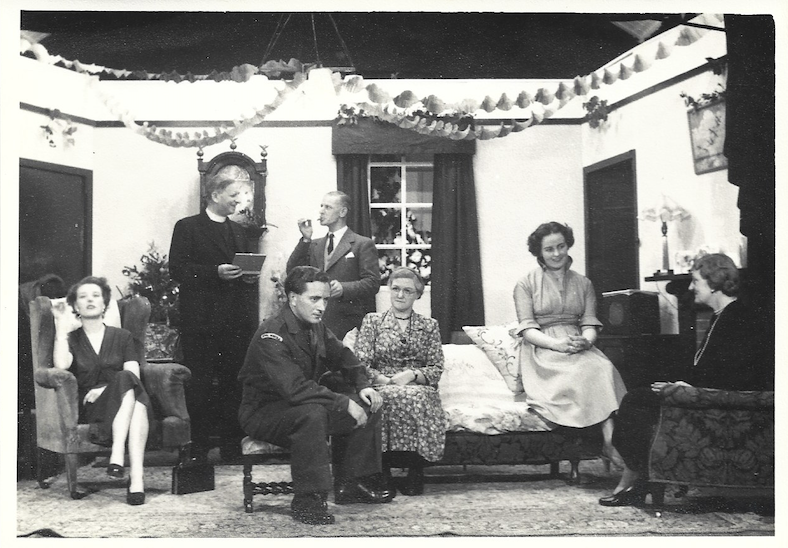An executor is responsible for administering a deceased person’s estate in accordance with their will. This includes gathering assets, paying debts, and distributing inheritance to beneficiaries. But what happens if an executor passes away before completing their duties? The answer depends on when the executor dies—whether before or after probate has been granted.
If the Executor Dies Before Probate Is Granted
If the executor named in the will dies before applying for probate, the responsibility of administering the estate usually falls to the substitute executor, if one was named in the will. If there is no substitute executor, or if the substitute is unwilling or unable to act, the court will appoint an administrator under the rules set out in the Non-Contentious Probate Rules 1987. Typically, this will be the residuary beneficiary—the person entitled to the remainder of the estate once debts and specific gifts have been distributed.
If the Executor Dies After Probate Is Granted
If an executor dies after probate has been granted but before the administration of the estate is completed, the situation differs. In this case, responsibility may pass to any co-executors named in the will. If there are no surviving co-executors, the role of executor will usually transfer to the executor of the deceased executor’s estate. This process is known as the “chain of representation.” However, if no such executor has been appointed or is willing to act, the court will again step in to appoint an administrator.
Applying for Letters of Administration with Will Annexed
When there is no surviving executor, an interested party—such as a beneficiary—may apply for a grant of letters of administration with will annexed. This legal document gives the appointed administrator the authority to manage the deceased’s estate in line with the will’s terms.
How to Avoid Complications
To prevent complications arising from an executor’s death, it is advisable to:
- Appoint a substitute executor in the will to ensure someone is always available to act.
- Consider appointing professional executors , such as a solicitor or a trust company, who are unlikely to predecease the testator.
- Review the will regularly to ensure named executors are still willing and able to act.
Seeking Legal Advice
The death of an executor can create delays and legal complexities in estate administration. If you are dealing with a situation where an executor has passed away, seeking professional legal advice can help ensure the estate is handled efficiently and in accordance with the law.
At Spire Solicitors, we have extensive experience in probate and estate administration. If you need guidance, contact our friendly Wills, Tax & Probate team today to discuss your situation.















